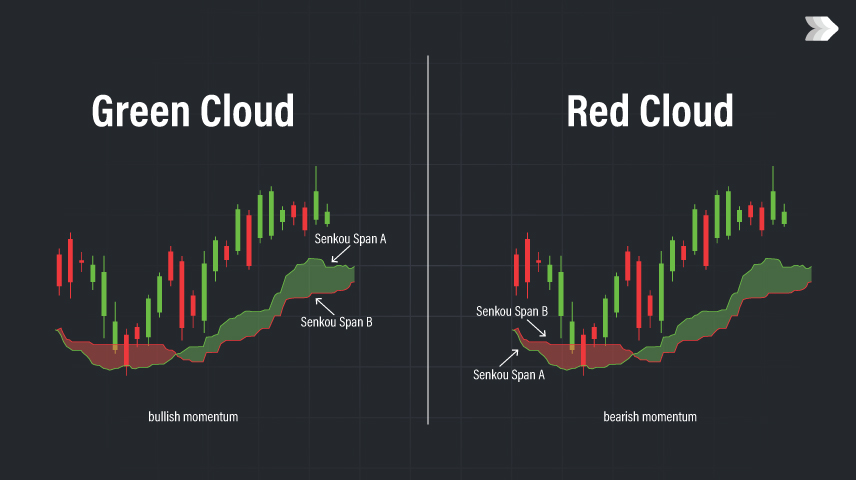
The state of IPO investing in India has been dynamic and evolving over the years, influenced by various factors such as economic conditions, regulatory changes, and investor sentiment.
Key Trends and Observations:
- Historically Strong Market: India has a history of successful IPOs, with many companies delivering substantial returns to investors. The strong growth of the Indian economy and its large population have contributed to the attractiveness of the IPO market.
- Cyclical Nature: IPO activity tends to be cyclical, influenced by factors like economic growth, market volatility, and investor confidence. During periods of economic expansion and market optimism, IPO activity tends to be higher, while it may decline during economic downturns or market uncertainty.
- Regulatory Framework: The Securities and Exchange Board of India (SEBI) plays a crucial role in regulating IPOs in India. SEBI’s regulations aim to ensure fair practices, investor protection, and transparency in the IPO process.
- Investor Interest: Indian investors have shown increasing interest in IPOs, facilitated by a user-friendly IPO app that provides real-time information and streamlined processes for investing..
- Global Trends: Global factors, such as economic conditions, geopolitical events, and interest rate trends, can also impact the IPO market in India.
Recent Developments:
- Increased IPO Activity: In recent years, India has witnessed a surge in IPO activity, with a growing number of companies opting to go public. This trend has been fueled by factors such as strong economic growth, favourable market conditions, and increased investor interest.
- Focus on Technology and Healthcare: Technology and healthcare sectors have been particularly active in the IPO market, reflecting the growing importance of these industries in India’s economy.
- Regulatory Reforms: SEBI has implemented various regulatory reforms to enhance the IPO process and protect investor interests. These reforms include measures to streamline the approval process, improve disclosure requirements, and strengthen investor protection mechanisms.
Overall, the IPO market in India has been on a positive trajectory, with strong investor interest and a growing pipeline of promising companies. However, it’s important to remember that investing in IPOs involves risks, and investors should conduct thorough research and consider their risk tolerance before making investment decisions.
To begin trading in the stock market, opening demat account is essential, as it enables you to hold your shares electronically and facilitates seamless trading
Why Do Companies Do IPO
Elaboration on the Reasons for Companies to Conduct IPOs
1. Raising Capital:
- Funding Growth Initiatives: IPOs provide a significant influx of cash that companies can invest in various strategic areas, such as:
- Expanding into new markets
- Acquiring complementary businesses
- Investing in research and development to develop new products or services
- Upgrading technology infrastructure
- Increasing marketing and sales efforts
- Reducing Debt: Companies can use the proceeds from an IPO to pay off existing debt, reducing their interest expenses and improving their financial health. This can enhance the company’s creditworthiness and make it easier to obtain future financing.
2. Enhanced Visibility and Reputation:
- Brand Awareness: Going public can significantly increase a company’s visibility and brand recognition. This can attract new customers, partners, and employees.
- Investor Confidence: Publicly listed companies are often perceived as more credible and trustworthy by investors. This can enhance the company’s reputation and make it easier to raise capital in the future.
3. Improved Access to Capital:
- Follow-on Offerings: Once a company is publicly traded, it can more easily raise additional funds through follow-on public offerings or other financing methods. This provides the company with greater financial flexibility to pursue growth opportunities.
- Lower Cost of Capital: Publicly listed companies often have access to lower cost capital compared to private companies. This is because investors are generally more willing to invest in publicly traded companies due to the increased liquidity and transparency.
4. Exit Opportunity for Investors:
- Liquidity: For existing investors in the private company, an IPO provides an opportunity to sell their shares and convert their investment into cash. This can be particularly important for investors who need liquidity to meet financial obligations or diversify their investments.
- Valuation: Going public often results in a higher valuation for the company compared to its private valuation. This can benefit existing shareholders who may realize significant capital gains when they sell their shares.
5. Employee Incentives:
- Stock Options: IPOs can be used to grant employees stock options or other equity-based incentives. This aligns the interests of employees with the company’s long-term success and can motivate them to work harder and achieve better results.
In summary, IPOs offer companies a powerful tool to achieve growth, enhance their financial position, and reward their stakeholders. By carefully considering these factors, companies can determine whether an IPO is the right strategic move for their business.
Advantages And Disadvantages Of IPO Investing
Advantages and Disadvantages of IPO Investing
Advantages:
- Capital Appreciation: IPO investments can offer significant returns if the company performs well and the share price rises.
- Dividend Potential: Some companies may pay dividends to shareholders, providing a source of income.
- Liquidity: Once a company is publicly traded, its shares can be easily bought and sold in the secondary market.
- Exposure to Emerging Industries: IPOs can provide exposure to promising new industries and technologies.
- Diversification: Investing in IPOs can help diversify your investment portfolio.
Disadvantages:
- Volatility: IPOs can be highly volatile in the early days of trading, and the share price may fluctuate significantly.
- Overvaluation: Some IPOs may be overvalued, leading to a decline in the share price over time.
- Lack of Information: Investors may have limited information about the company’s future prospects, making it difficult to assess the risk and reward.
- Risk of Loss: There is always the risk of losing your investment if the company performs poorly or the stock market declines.
- Competition: IPOs can be highly competitive, and it may be difficult to obtain shares, especially for popular offerings, due to the complexities of the IPO Allotment Process
Conclusion
Investing in Initial Public Offerings (IPOs) in India offers both potential rewards and risks. While IPOs can provide opportunities for capital appreciation, dividend income, and exposure to emerging industries, they also involve volatility, overvaluation risks, and limited information. Investors should carefully consider their risk tolerance, conduct thorough research, and diversify their portfolios before making investment decisions in IPOs.




